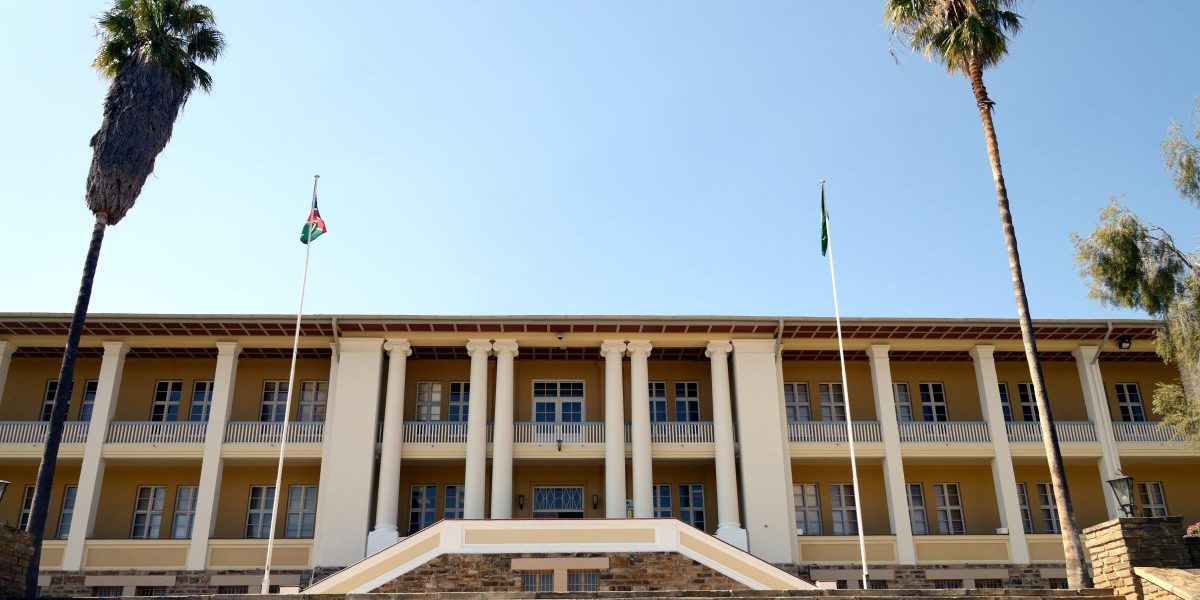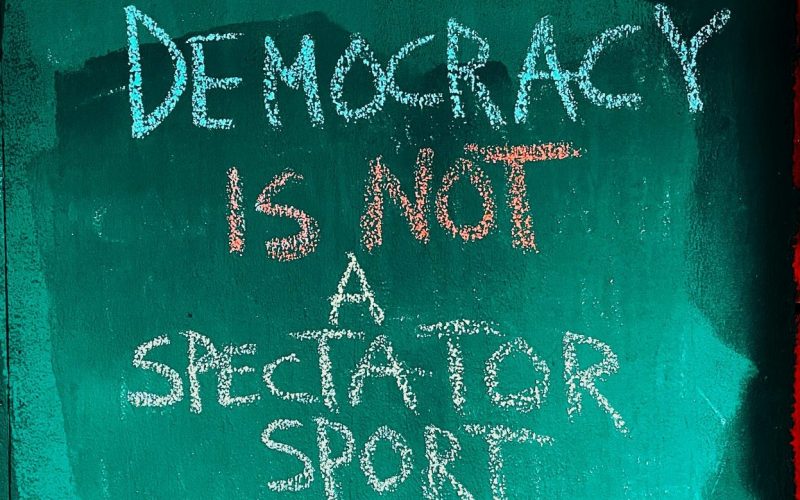Summary
- This policy insight explores lessons learned from civil society organisations (CSOs) in Namibia through the process of developing a written submission for the APRM.
- The APRM is able to bring CSOs together, even in difficult climates.
- Civil society chose to focus on 13 key governance issues affecting Namibia.
- Civil society’s constructive and positive written contribution has spurred the government to accelerate the national APRM process.
- This model of CSO collaboration on a written governance analysis can be adapted for civil society in other countries, including newly acceded states, non-members of the APRM and those in which the process has been slow.








